5 min read
Share this post
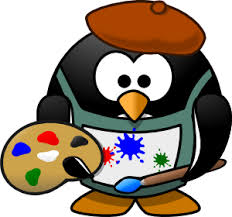
In English, can and could are used to express ability (I can run quickly) and requests (Can you help me carry the bag?). We have 4 lessons for teaching can and could in our Verbs-Modals category: M1.1 – Ability-Can-Could – 1, M1.2 – Ability-Can-Could – 2, M1.3 – Ability-Can-Could-BeAbleTo – 3, M2.1 – Requests-Would-Could-Can-May-Might – 1.
In English, the construction of subject + can/can’t + verb is used to express ability and possibility. We use can to show something is possible (cheetahs can run fast), and to show that we know how to do something (he can run 10km in one hour). We use can’t to show that something is not possible and that we don’t know how to do something (pigs can’t fly). Native English speakers use this construction frequently in daily conversation so it is important to teach the construction at an intermediate stage in learning. We have 3 lessons covering the use of can and could to express ability:
M1.1 – Ability-Can-Could – 1
In our introductory lesson we begin by teaching the basic construction of can/can’t + verb. We use a series of matching, sentence correction and gapfill exercises to offer practice of the form. We then introduce the question form (Can you play tennis?). We then cover the use of can to express permission (Can you come to the game on Saturday?).
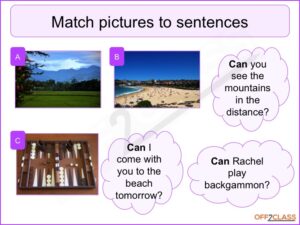
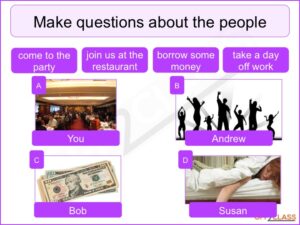
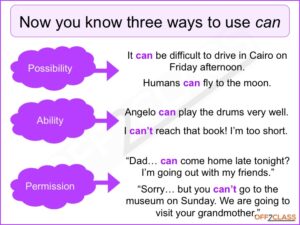
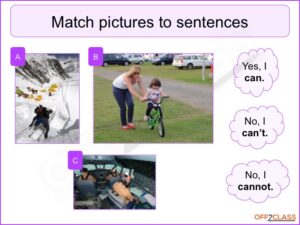
M1.2 – Ability-Can-Could – 2
In our second lesson designed for teaching can and could to your ESL students we introduce the past form, could/coiuldn’t (I couldn’t come to the restaurant last night). We then introduce a number of exercises mixing the use of can, could, can’t and couldn’t to express ability, possibility and permission. We finalize the lesson by introducing the use of could for requests (Could you help me?):
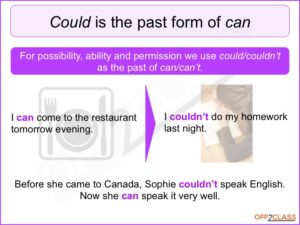
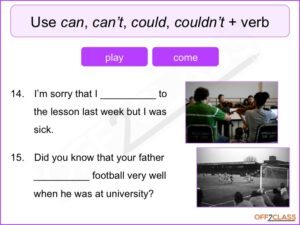
M1.3 – Ability-Can-Could-BeAbleTo – 3
In the third lesson in our series we make special note of the use of could to express general ability (I could run fast when I was young) vs. be able to (I was able to beat Aaron in a race last week) to express ability in a specific situation. We also introduce could have for something that could have happened in the past but did not happen (I could have beat you in the race yesterday).
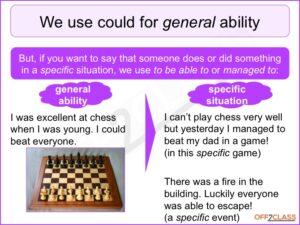
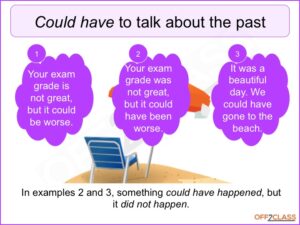
Teaching Can and Could for Requests
In our M2.1 – Requests-Would-Could-Can-May-Might – 1 lesson we further explore the use of can and could to express informal and formal requests. In English, we use can for informal requests (Can you answer the door?) and we use could for more formal requests (Could I ask you a question?). After introducing the form we explore the distinction between formal and informal requests with a number of exercises where the student can pick the form of the request based on the context of the sentence:
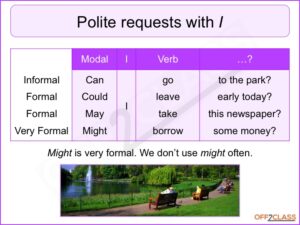
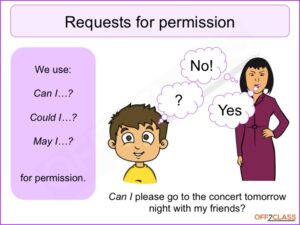
Share this post
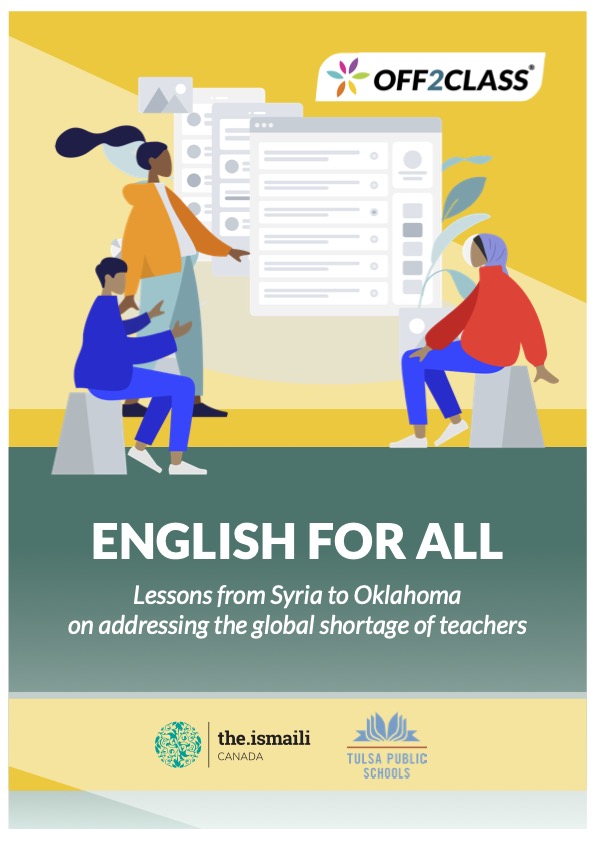
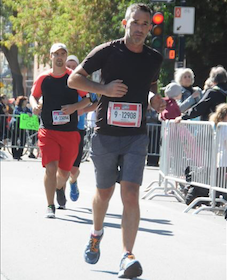
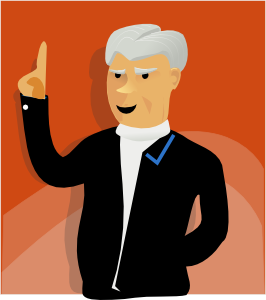
Leave a Reply